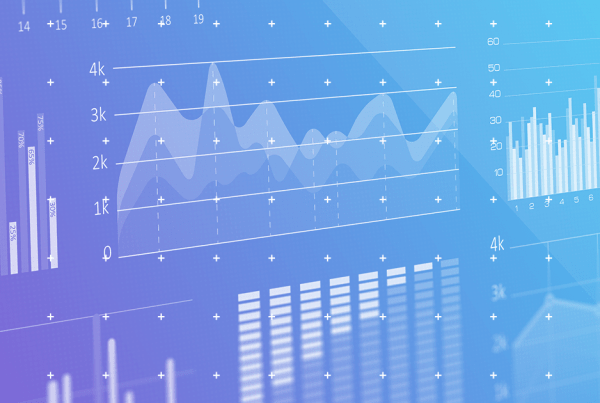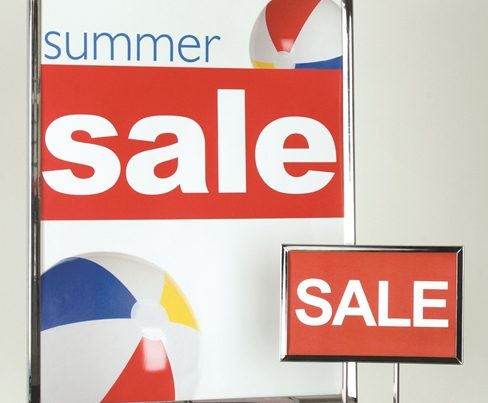A slight downturn in business may present challenges for hotels in the U.S. that can be overcome with new ideas. Hospitality Net shared information from E-forecasting.com's Hotel Industry Leading indicator that predicted a slight recession in the near future. After steady growth between 2009 and 2015, the second half of 2016 should see a small drop in business. E-forecasting.com's predictive analytics said there was about a 50 percent risk of recession as of April 2016.
The HIL indicator uses a variety of information sources to build its projections. Positive trends in April included new customer orders and foreign demand, but the data coming in from hotel profitability, worker hours and housing activity indicated a slowdown. Comparing this information to other factors allowed E-forecasting.com to makes it predications, and hotels can also use external and internal data to plan their response to market trends.
"Predictive analytics allows hotels to go from reactive to proactive."
Studying trends
If hotels work with a proper business intelligence software, they can make use of a central solution for information. Complete visibility of past trends, current numbers and industry predictions can help companies make the most of their available resources.
Hotel Business Review said predictive analytics allows hotels to go from reactive to proactive. Instead of setting room rates to respond to the recession, a hotel can prepare competitive prices for certain sessions, create employee schedules around demand and work with marketing to appeal to people who still travel even when the overall market takes a dip. Creating predictive forecast modeling for different customer types in unique seasons allows hotels to recognize which guests will bring them the most profit.
What data is important?
Hotels need to study their own information about past guests to collect data on the customers who spend the most or show consistent loyalty. The goal is not just to acknowledge these individuals, but also to anticipate their actions so hotels know how to encourage particular behaviors and provide personalized hospitality to promote ongoing loyalty.
External data can also be extremely important in predictive modeling software. The Predictive Analytics Times shared the example of a hotel chain that studied nearby airline flight cancellation procedures and upcoming weather patterns to provide rooms for stranded travelers. Any information that pertains to how and when guests will want to travel in a given time period could play a part in creating accurate models.
Slower periods may be an ideal time to invest in new hospitality management system software solutions. If hotels want to weather recessions, they have to learn to make the most of what they have available and explore opportunities for smarter resource allocation.






